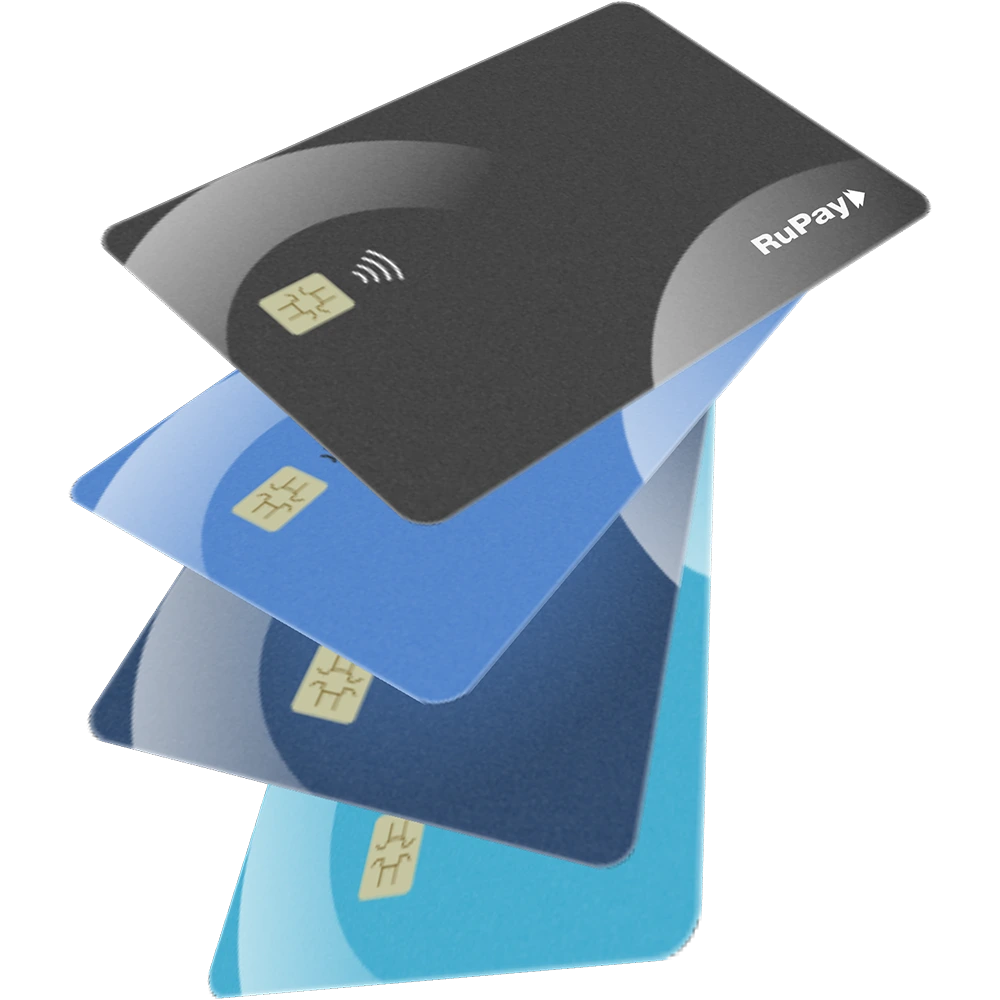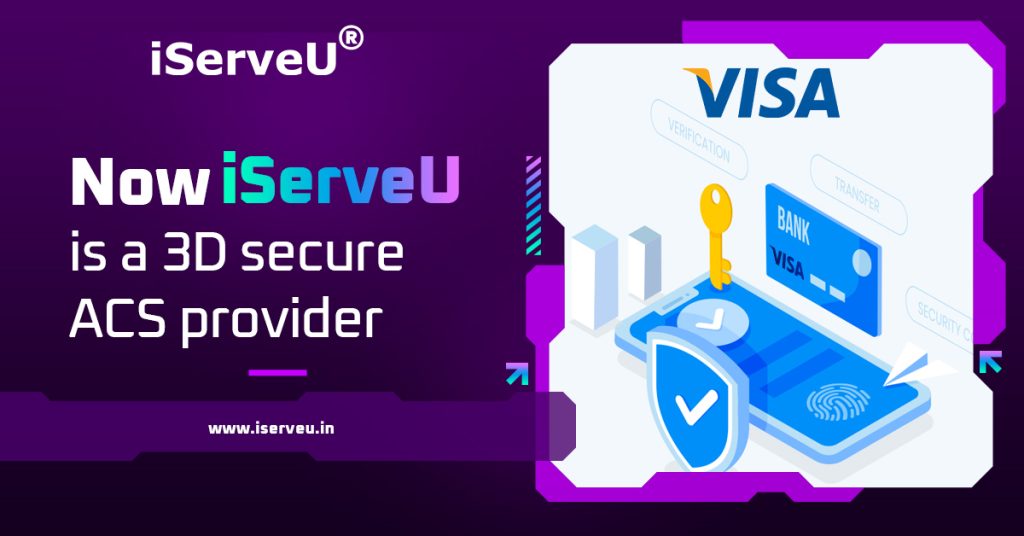Issue prepaid cards , customized for every need
(Payroll, University, Gift, Hospitality, Travel, etc.)
Issue prepaid cards , customized for every need
(Payroll, University, Gift, Hospitality, Travel, etc.)


Prepaid Card Issuance
With iServeU’s prepaid stack, you can create & offer a range of prepaid card products via an API-powered platform / Plug & Play platform, get consumer/corporate BIN, Tokenise for digital wallets, instantly issue cards, Monitor card activity, load funds in real time, no T+1 and launch swiftly.
Let's talk about how iServeU can help you launch the prepaid card program in just 48hours
Benefits
- Instant card block/reload
- Real-time card controls with role-based limits
- Detailed reporting & transaction logs
- Customer satisfaction with instant refunds
- Simplify accounting & GST compliance
- Centralized spend monitoring
- Flexible customization for any card use-case (corporate, gift card etc.)
- Comprehensive compliance and audit-ready processes
Certifications
Our Cloud infrastructure is complied with



Use Cases
Automated Merchant Onboarding
Merchant Portal
Certified Payment Application
Real-time Settlements
Resources
Got Questions?
A co-branded prepaid card is issued through a partnership between a financial institution and a business entity, where the card carries the branding of both. It can be a Gift card, GPR card any. Unlike a credit card, it does not offer credit but instead operates on a “load and spend” mechanism. The underlying prepaid card system maintains a prepaid wallet linked to the card, where funds are stored. When a transaction occurs, the system validates available balance, processes the payment through the network (such as Visa, Mastercard, or RuPay), and updates the account in real time.
iServeU provides an integrated prepaid card management platform that covers card lifecycle management, including issuance, activation, switching, and transaction processing. The platform supports API-first deployment & Plug & Play, enabling enterprises to launch card programs without building backend infrastructure from scratch. Additionally, iServeU’s system incorporates settlement engines, ledger management, FRM module and real-time reconciliation, allowing businesses to operationalize co-branded prepaid card programs with minimal friction.
iServeU offers Prepaid card APIs and SDKs that allow enterprises to embed prepaid card functionalities into their applications and platforms. These APIs cover use cases such as card creation, activation, wallet loading, transaction monitoring, and card status management. With modular endpoints, enterprises can integrate only the functionalities they require while ensuring interoperability with existing systems.
The prepaid card architecture is built with modular components, which allows configuration and customization based on enterprise use cases. Customization options include card design and branding, spend controls, dynamic limits, reward integration, multicurrency support, and transaction restrictions. iServeU’s platform enables these customizations at both the program level and the cardholder level, ensuring alignment with the enterprise’s operational and compliance requirements.
iServeU ensures regulatory adherence across all layers of its prepaid card stack. The system complies with RBI regulations for prepaid payment instruments (PPIs), adheres to PCI DSS standards for secure storage and transmission of cardholder data, and integrates mandatory KYC/AML processes. Compliance is embedded within the core framework, ensuring that enterprises leveraging the platform remain within the scope of financial regulations and industry security standards.
Reloadable prepaid cards can be funded through multiple channels integrated into the prepaid card system. Common mechanisms include bank transfers via IMPS, NEFT, or UPI or net banking-based loading; and integration with payment gateways for recurring top-ups. The prepaid card platform maintains a linked prepaid card wallet where the funds are deposited after successful authentication and settlement. Once the account is credited, the balance is instantly updated and made available for transactions. Enterprises can configure limits, load sources, and velocity controls based on regulatory requirements and program design.
Transaction preferences and controls are managed through the card management system (CMS) or via APIs exposed to enterprise applications. Controls can be applied at the program level or the individual cardholder level. These include setting spend limits, restricting merchant categories (MCC codes), managing contactless or online usage, and defining daily or monthly transaction thresholds. Enterprises and cardholders interact with these controls either through a CMS portal, mobile app, or API integrations, and changes are reflected in real time on the prepaid card network.





